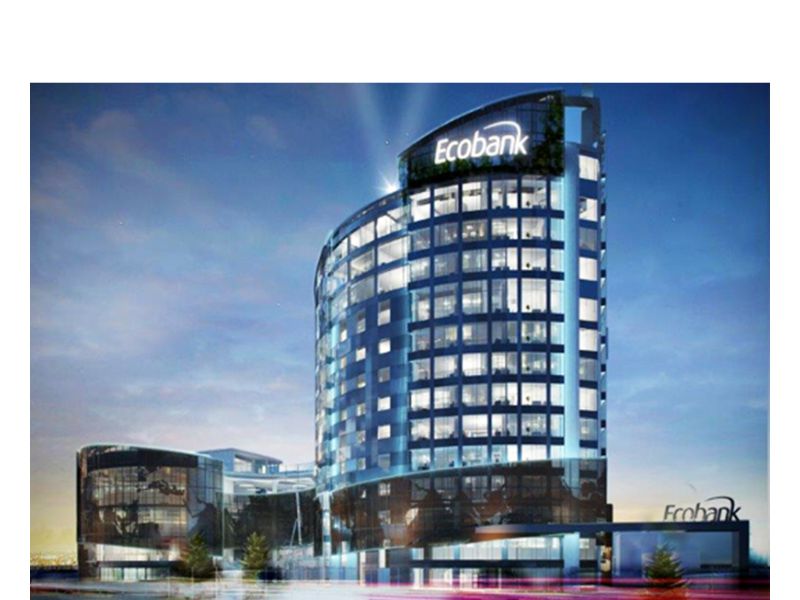Customers on the EDC Investment Limited, a product of Ecobank Ghana are up in arms over what they see as the bank’s open robbery. The Chronicle has received complaints from some of the aggrieved customers and has also gathered several others on social media, all of which depict the intensity of the situation.
The general consensus of the outrage is that Ecobank Ghana clients who invested in EDC Ghana have either lost their interests or a portion of their principal.
The livid victims lamented about their pain at losing their investment at a period of economic hardship in the country, when they need their money to help salvage the situation.
In a voice note sent to The Chronicle, an angry customer alleged he joined the investment seven months ago, but when he needed money to travel he was told there was no interest for him.
To make the situation worse, he had lost GH₡4,000.00 of his entire principal, which he did not disclose to this reporter.
Another person, commenting on a post on social media said: “losing GH₡6,000 in this economy.I have really regretted this policy. This wasn’t the agreement.”
An enraged commentator also wrote: “So, the mark-to-market value, will it get better? Because I’ve lost over GH₡10,000.00.”
Since last Tuesday, when The Chronicle’s attention was drawn to the issue, it has gathered not less than 200 comments, most of which are complaints, with others suggesting alternative solutions to the affected customers.
BANK SHIFTS BLAME
Yesterday, The Chronicle attempted to seek further clarification from the operator of the EDC Investment, Ecobank Ghana, and was successful.
A telephone conversation with an agent of the investment package, who preferred anonymity, revealed the bank was aware of the issue but could not be blamed.
According to the male contact person, the bank informed customers ahead of time to explain the new measure introduced by their regulator, the Securities and Exchange Commission (SEC).
Furthermore, a document shared with this reporter by the bank, titled EDC Investment Limited Market Update, premised that the current economic crisis has resulted in a decline in the value of existing bonds.
“This means the value of bonds (government and non-government) held in the EDC Ghana Fixed Income Fund (and other collective investment schemes) have declined.
“However, this decline is realised only when the bonds and other assets are sold. On the contrary, the full value on the bonds is realised when they are held till maturity. Indeed, the more our unitholders request to exit the fund (by way of redemptions), the more we have to sell some of these bonds to be able to process the redemptions. These sales result in loses accruing to the fund.” The Chronicle was told.
Unlike investors who choose to trigger their redemptions, investors who choose to remain in the fund until Ghana’s macro-economic health and bond prices improve are not likely to realise these losses.
SEC PUBLIC NOTICE
Meanwhile, the Securities and Exchange Commission (SEC) in a statement dated November 4, 2022, alerted the investing public that they (SEC) had directed all market operators to use the mark-to-market valuation method in the valuation of investment assets/securities and portfolios in the securities sector.
This directive, according to the document available to this paper, was issued on Thursday, October 20, 2022 to provide consistency in the valuation of assets and portfolios in the securities industry.
The directive was also to ensure that the portfolios reflected market values and protect investors, especially those in collective investment schemes.
The SEC is the statutory body mandated by the Securities Industry Act 2016 (Act 929) as amended by the Securities Industry (Amendment) Act 2021 (Act 1062), to promote the orderly growth and development of an efficient, fair and transparent securities market, in which investors and the integrity of the market are protected.








